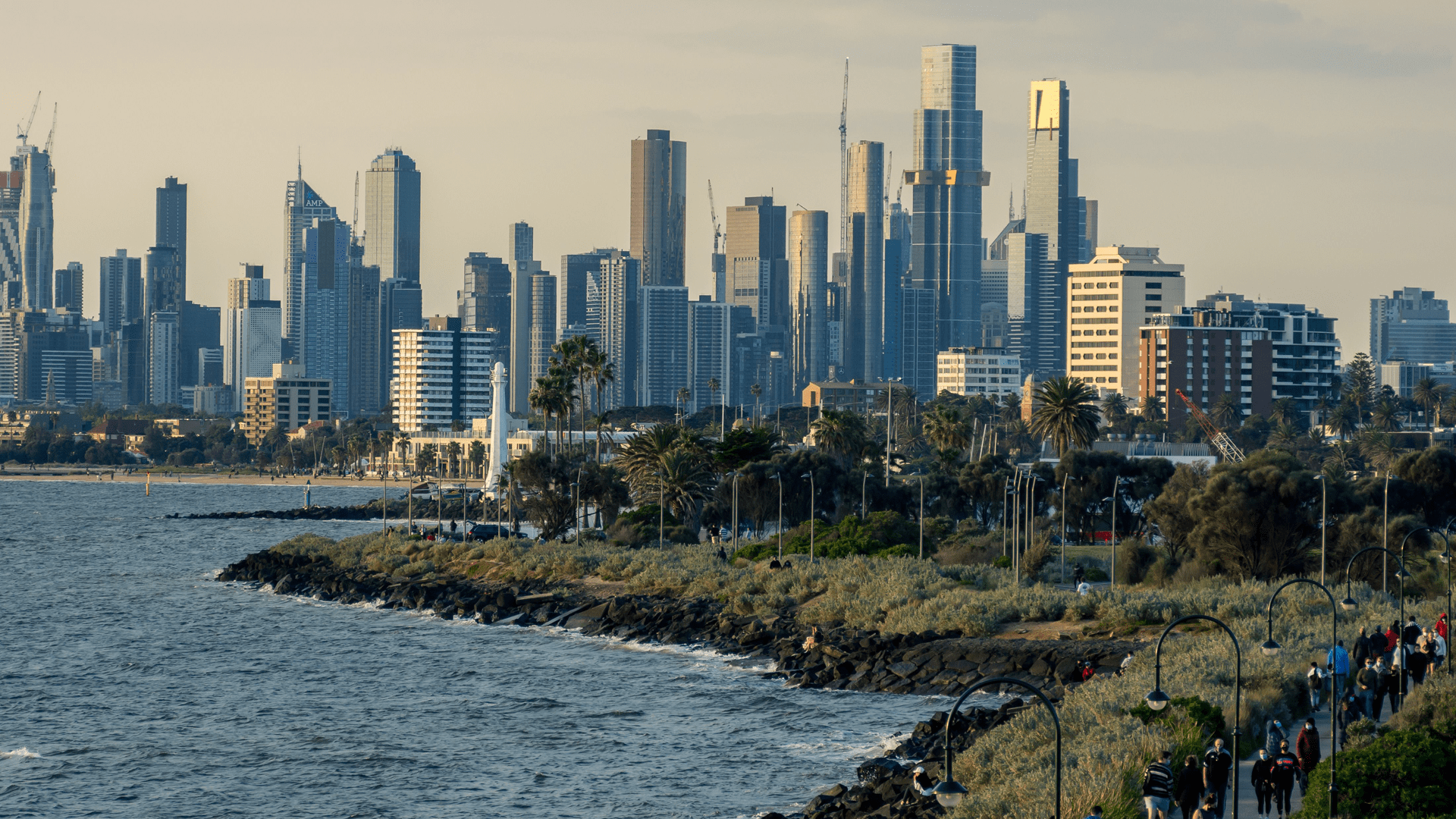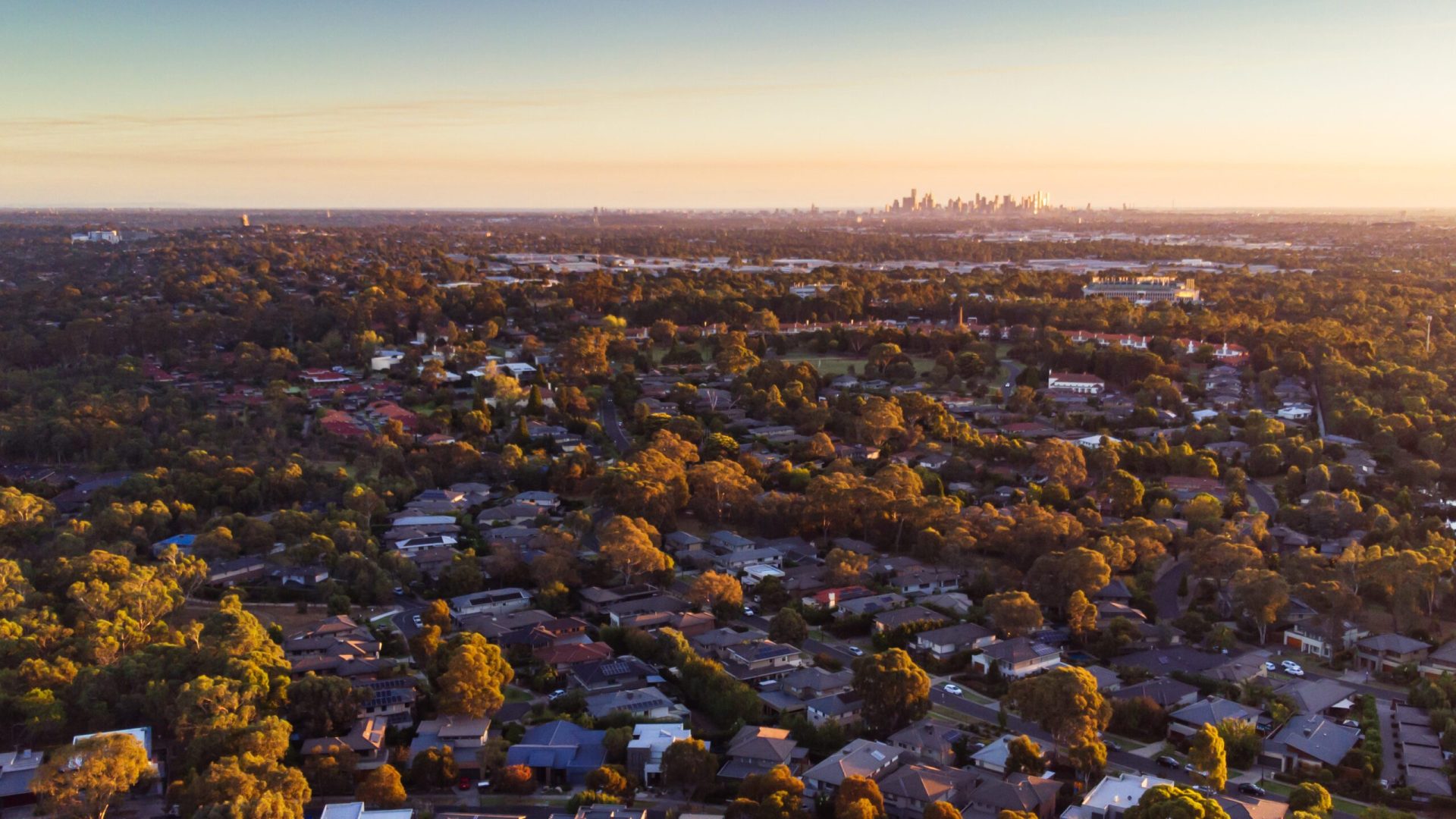Why the smart investor is circling the market right now
I apologise; I wasn’t going to mention the C-word. But there’s no getting away from it – COVID is still very much in our midst.
Although in Victoria we’re pretty much free from restrictions, the spectre of the pandemic will loom over our lives for a while yet, whether that’s how many days a week we work in the office, or our choice of holiday getaway (as I write this, the Brisbane outbreak is creating Easter travel mayhem).
But every cloud has a silver lining, and the canny investor will see opportunities amid all this. I don’t like to show off (OK, maybe just a little…) but we at OpenCorp accurately predicted how the market was going to play out during the pandemic and its aftermath.
We base our research on the six fundamentals that drive property markets: supply, demand, jobs, affordability, government infrastructure spend and stimulus, and lending policies.
About a year ago, as the true fallout of COVID became apparent, we looked ahead to what 2021 meant for investors.
Consumer confidence
During 2020, there was a lot of negativity and uncertainty, which caused the uninformed to sit on their hands. By the start of this year, we’ve seen a lot of increased consumer confidence and positivity in the media, and that’s translated to activity in the marketplace.
Something I’ve learned during more than 20 years of being involved in property is that the booms are never as great as they sound, but the busts are never as bad.
We predicted that sales volumes would drop, but there wouldn’t be a market crash. To have a market crash, there would have to be a massive increase in supply on the market, and that just wasn’t going to happen given the vested interest of the banks and governments in terms of stability of the housing market.
We talked about rental demand in detail, and the media headlines suggesting double digit vacancies in property. They failed to mention that that was just in the apartment market. We’ve seen the opposite in suburban homes, because supply was tightening.
And you know what? We were right (as opposed to the scaremongering headlines), and a lot of those things that we talked about have already started to happen.
Pro tip: trust a property expert with a long and solid pedigree, not some fly-by-night chancer.
Nerida Conisbee – former Chief Economist for REA Group and now Chief Economist for Ray White – is one of the best in the business; chatting to her for a webinar recently really reinforced our thinking here at OpenCorp.
Nerida is one of the leading property market experts in Australia, with more than 20 years’ property research experience throughout Asia-Pacific. She’s also a columnist for The Australian and a commentator on TV. She’s seriously smart. When Nerida talks, you listen!
One of the most interesting quirks of the recent market has been the talk of population movement – real and imagined – and Nerida stresses that the trends we’ve seen in the past 12 months are unlikely to last.
She says: “We did see the highest level of migration from Victoria to Queensland since the early ’90s. I think that was one thing that was really pandemic-specific. I don’t think it will continue.
Returned to normal
“One of the things that’s happened in Victoria is that once that lockdown ended, life pretty much went back to normal and conditions returned to normal. Some other things that happened, a movement out to regional areas. The ABS had never recorded so many people moving out of capital cities into regional Australia.”
COVID taught us many things: remember to unmute yourself on Zoom, be kind to one another, and keep a decent stock of toilet rolls down the shed.
But there’s another one: treat rumour and speculation with a decent pinch of salt, at least until you’ve seen the hard facts.
We’ve all got a mate who decided it was time for a sea change (or tree change) during the marathon lockdown last year. There was lots of anecdotal evidence that metropolitan prices would plummet as fast as regional Vic would rocket.
The trend of people moving from capital cities to regional areas is consistent – it’s not like it just started to happen in the last 12 months. When we look at the numbers, only 5000 more people moved out of a capital city in 2020 compared to the number who left in 2019.
Capital cities
Just to put that into perspective, that’s 5000 people out of a total of 17 million of the Australian population who live in capital cities.
Nerida adds: “There’s been two quarters of record numbers [moving to regional towns], but it has been really facilitated by the fact that people are working very differently. The fact that you can be anywhere right now does really open up places you can live.
“I think the reality is a lot of those more far-flung regional areas won’t do so well this year, but I do think there’s places like Geelong, Ballarat and Bendigo in Victoria; Wollongong; Gold Coast and Sunshine Coast, where you can realistically commute to a capital city a couple days a week, but not necessarily five days a week.”
So if we’re hatching a plan for property investment, being within a reasonable commute of a major city follows the logic of our six principles. Infrastructure – people want to have amenities, and be able to get into the CBD, hence outer-suburban family homes have lots of scope to appreciate.
Another factor is interest rates. This is a massive opportunity, with the Reserve Bank of Australia committed to the 0.1 percentage cash rate remaining that way for the next three years.
Investment cycle
Lending is such a key part of the investment cycle. I didn’t own property back in the heavy days of the late ’80s when interest rates were hitting 17 per cent and more, as my parents often remind me. But I remember when it was pushing 10% just before the GFC. All these things are cyclical.
Nerida’s expertise sounds a note of reassurance. “The Reserve Bank has said that they’re unlikely to lift rates for three years, and that does give confidence that rates will remain low,” she says. “They’ve got enormous teams looking at forecasting for things like inflation and unemployment and the like.
“From their perspective, they don’t perceive the market, or the economy getting to such a heated state that they would need to raise rates. But even when you talk to long-range interest rate forecasters, a lot of them don’t really think we’d ever get back to the state we were in, in the late ’80s, of double-digit interest rates.”
International map
Fancy investing in Byron Bay? Prices shot up there by 40 per cent last year. But Byron is an outlier and I’m not suggesting you get into that market, unless you happen to be a Hollywood star. Speaking of which, if Chris Hemsworth’s not on the payroll of Tourism Australia, he should be, because he and his family are single-handedly putting Byron Bay on the international map.
Nerida says: “The median in Byron Bay is actually higher than Albert Park in Melbourne at the moment. I think there’s a lot of shifts that happen; some will be permanent, and then there’s others – like the Victorian lockdown and that desire for sunny weather – that were very specific to the extreme lockdown Victorians had to endure.”
As regular readers would know, one of our mantras is to remove the emotion from financial decisions – and chasing the sun is, let’s be honest, an instinct from the heart, not the head.
So, sorry if you were expecting me to tell you to tip all your savings into a Byron beach house and chill out. Back to our less glamorous, more financially fulfilling plan.
Investing in the right kind of properties brings stable growth.
We don’t have a ‘get rich quick’ formula here. What we do have is proven, it’s robust, and it’s safe and secure when taking a long-term approach, which is fundamental with your property investments.








